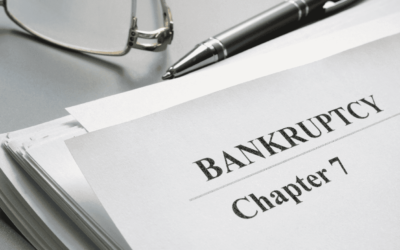As a prospective house seller, I’m sure lots of questions will pop up from time to time, and one of them will be how to recognize and avoid scammers and scams of any kind. If you’re asking, “are ‘we buy houses’ a scam?” then you really should read this article.
As a business, real estate has a variety of people, from the straight and pointy people to the “Mr. nice guy,” among others with varying personalities.
With this diversity of personalities in people in real estate, it is difficult to identify a potential scammer, as a supposed gentleman may be the scammer while an outrageously annoying young lady may be the real estate wholesaler that has your best interest at heart.
It’s important to note that not all “we buy houses” are scams. There’s nothing obscene with the signs themselves. Of course, marketing is marketing, whether it is professional or not (although we still would not call cheap, flimsy, handwritten signs a good sign).
These signs mostly demonstrate the low barrier to entry that exists when it comes to real estate investors. Any individual can put up one of those signs and call themselves an investor, if they know a thing about the real estate industry or not. So the question is, “How do you identify a “we buy houses” scam?”
Some scam real estate individuals use a strategy called ‘Subject to’ or “Sub2” when using shorthand. This is where they make a proposition to buy your house “subject to” the existing mortgage. The plan is for you to deed your house to them yet without paying off your mortgage.
The scam here is that the mortgage is still in your name, and it’s connected to your credit, so if the scammer leaves the mortgage, it is directly withdrawn from your credit.
This is one document you should avoid when selling your house as you’ll be trusting your credit into the hands of a complete stranger.
- Wholesalers turn middlemen
Wholesalers are investors who show interest in your house but don’t buy it themselves. They’re mostly always out of town but would target houses with affordable housing.
The scam here is that they’ll show interest in your house and put your house under contract for them to buy, then they’ll go around looking for buyers.
When they finally find a buyer, they’ll sell the contract to them at a higher price. In this sense, they’re now acting as middlemen and rip you off the profit you’d have gained from selling your house at the price they propose to the final buyer.
It’s recommended you find a real estate wholesaler to help you sell your house so you’ll make a good profit from your sale.
- Short sales scam
Short sales are where a mortgage company or bank agrees to release their lien on your house in exchange for less than the principal balance of your loan. Typically, you have to pay off any interest due for them and the principal balance, to release the lien. When they agree to settle for less, you are carrying out a short sale.
The main problem is not the short sale but rather when it doesn’t make sense that it causes many problems. When they drag on for months, and no one is forthcoming to buy it, it stands the risk of foreclosure.
To prevent scams, it’s expedient to ask questions about the real estate wholesaler you’ll be using. Ask questions about their credibility and genuineness.




